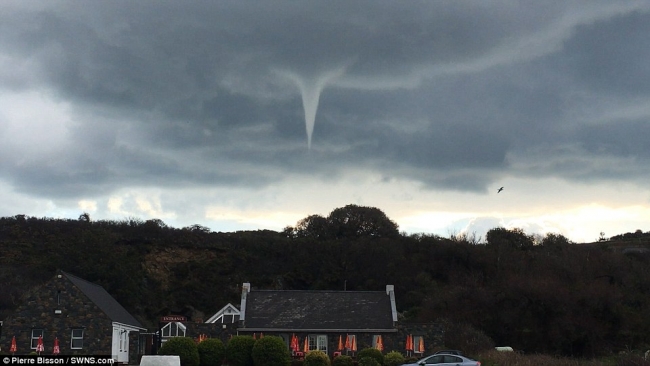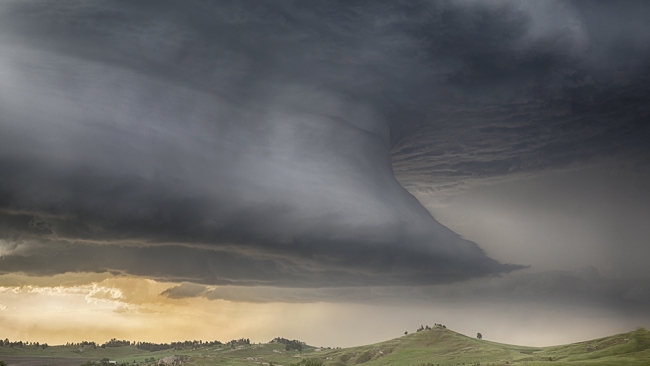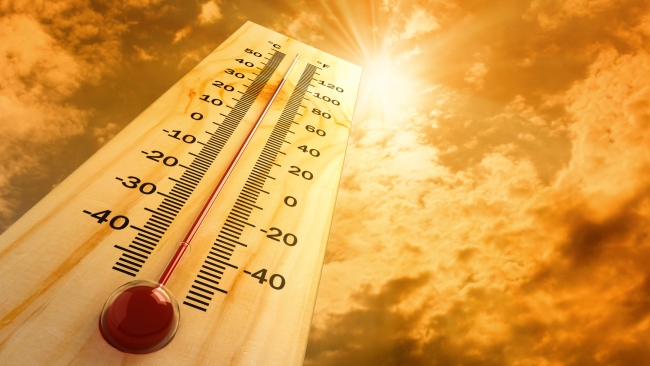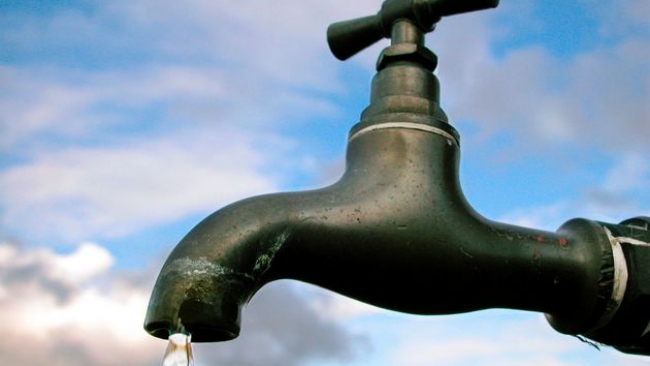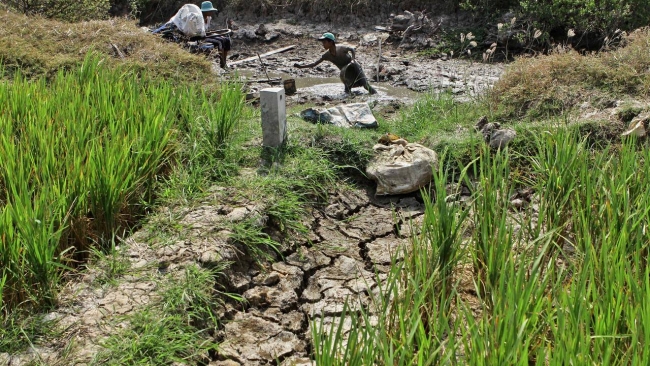Global warming has made weather better for 80 per cent of Americans
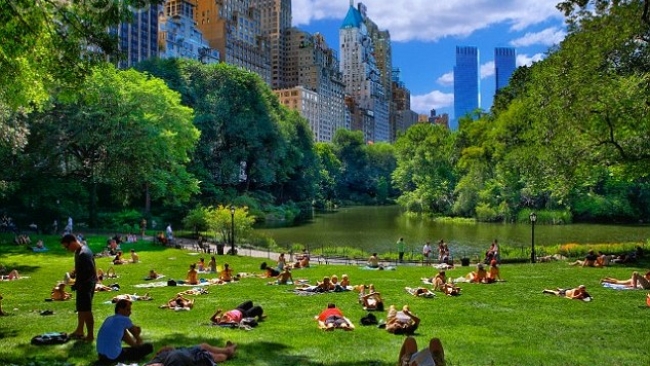
For years scientists studying climate change have issued doom-laden warnings about the catastrophic results of burning fossil fuels and emitting carbon dioxide into the atmosphere.
But four out of five Americans are experiencing far better weather now than they did forty years ago thanks to global warming, according to a new study.
Researchers say because of this most US citizens believe global warming is beneficial - but they also warn the good weather is not going to last.
Winter temperatures have risen substantially throughout the US since the 1970s, but at the same time, summers have not become more uncomfortable.
This means the weather has shifted toward a temperate year-round climate that most Americans say they prefer. The study showed that 80 per cent of US citizens live in places where the weather has improved over the last forty years.
This is one of the reasons it has been difficult to motivate US citizens to tackle global warming, the authors of the new study have said. 'Weather patterns in recent decades have been a poor source of motivation for Americans to demand policies to combat the climate change problem,' said Professor Megan Mullin from Duke University, co-author of the study.
'But without serious efforts to reduce greenhouse gas emissions, year-round climates ultimately will become much less pleasant.'
Professor Mullin and Professor Patrick Egan from New York University studied 40 years of daily weather data, from 1974 to 2013, on a county-by-county basis to evaluate how the population's experience with weather changed during this period, which is when climate change first emerged as a public issue.
They found that Americans on average have experienced a rise in January maximum temperatures, an increase of 0.58 °C (1.04 °F) per decade.
By contrast, daily maximum temperatures in July rose by only 0.07 °C (0.13 °F) per decade.
Humidity in the summer has also declined since the mid 1990s.
This means, winter temperatures have become warmer for virtually all Americans while summer conditions have remained relatively constant.
'Rising temperatures are ominous symptoms of global climate change, but Americans are experiencing them at times of the year when warmer days are welcomed,' Professor Egan said.
But this is not going to continue.
Climate change models predict that under all potential levels of future warming, average summer temperatures will end up rising at a faster rate than winter temperatures.
If greenhouse gas emissions continue at their current rate, 88 per cent of the US public will experience weather in 2100 that is less preferable than current weather, the study finds.
'It matters globally if US populations feel that they have benefited from the effects of climate change up to now,' said Professor Joacim Rocklöv, an epidemiologist who looks at the health impacts of climate change at Umeå University, Sweden, who was not involved in the research.
'The United States is one of the most influential countries in global policymaking, and one of the greatest emitters of greenhouse gases.'
Many Americans may not recognise that the beneficial effects global warming has had on their weather so far will change in future, he says.
They also may not realise that 'even if emissions are reduced now, it will be a long time, not until roughly the middle of the twenty-first century, before climate alters in response.'
Source: Daily Mail
Thu 21 Apr 2016 at 07:18
